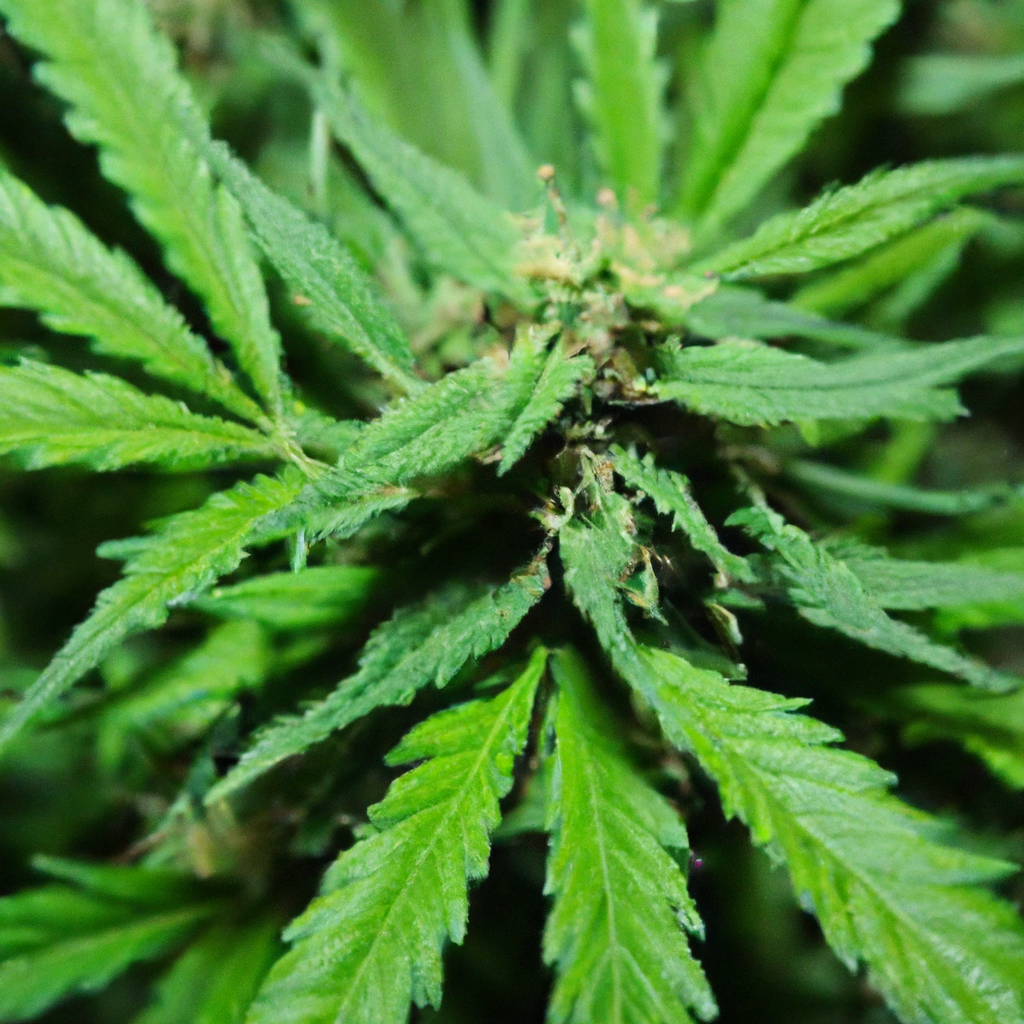Your cart is currently empty!
As environmental concerns continue to grow, the cannabis industry is turning towards sustainable practices to ensure the longevity and health of our planet. This shift not only benefits the environment but also improves the quality and yield of cannabis crops. In this article, we explore how eco-friendly cultivation techniques are changing the landscape of cannabis cultivation and why these methods are crucial for future growth.
Introduction to Sustainable Cannabis Cultivation
Sustainable cannabis cultivation involves the use of eco-friendly methods that minimize environmental impact while maintaining high-quality yields. This includes integrating practices such as organic growing, water conservation, renewable energy usage, and reducing carbon footprints. These methods not only support environmental health but also often lead to a more potent and flavorful final product.
Organic Growing: A Natural Approach
Organic cannabis cultivation uses natural fertilizers and pest control methods to produce healthy, robust plants without synthetic chemicals. This approach promotes biodiversity and improves soil health, creating a synergistic environment for cannabis growth. Some benefits of organic growing include:
- Improved Soil Health: Natural compost and organic matter enhance soil structure and fertility.
- Higher Potency: Organic soil sets the foundation for more flavorful and aromatic cannabis.
- No Chemical Runoff: Protects water quality by eliminating chemical fertilizers and pesticides.
Water Conservation: Efficient Use of Resources
Water efficiency is critical in cannabis cultivation, especially in regions facing water scarcity. Implementing effective water management strategies can include:
- Drip Irrigation: A precise water delivery system that reduces evaporation and waste.
- Rainwater Collection: Captures and stores rainwater for irrigation, reducing reliance on municipal water supplies.
Renewable Energy: Powering Growth Sustainably
The energy demands of indoor cannabis cultivation can be significant. By adopting renewable energy solutions, growers can reduce their carbon footprints. Methods such as solar panels, wind turbines, and energy-efficient lighting contribute to sustainable practices.
- Solar Power: Using photovoltaic panels to capture sunlight and generate clean electricity.
- LED Lighting: Energy-saving lights that produce less heat, reducing cooling costs and energy use.
Conclusion
As the cannabis industry continues to evolve, adopting sustainable practices becomes increasingly important. Eco-friendly cultivation not only aligns with global environmental goals but also brings numerous benefits to growers and consumers. By focusing on organic growing, water conservation, and renewable energy, the cannabis industry can lead the way in sustainable agriculture.
Embracing these techniques ensures that cannabis cultivation not only meets today’s demands but also protects the resources we depend on for the future.
Discover more from Magic Clones
Subscribe to get the latest posts sent to your email.


Leave a Reply